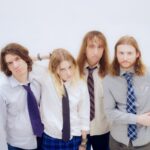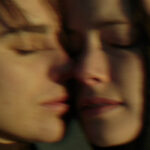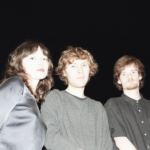Photographers on Photographers: Tyler Roarty
Posted: by The Alt Editing Staff
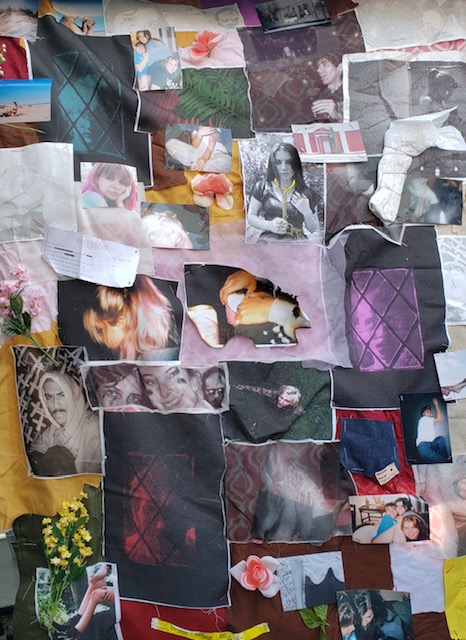
What made you attracted to photography? How did you get introduced to it?
I kind of had a weird start. In high school I was convinced that I wanted to be a special effects makeup artist. So I had my mind made up, I was already looking into schools, the works. Then, I saw that there was a darkroom class at ICP (International Center of Photography) for lighting for portraiture. I wanted to take it just so I would be better at photographing the people I was working on. Everything changed after the class, I fell so completely in love with the darkroom. The teacher, Curtis Wilocks, he was my first teacher and was so inspiring. So I completely changed tracks after taking that class.
What do you love most about photography?
I think that with any art medium, having the option to express yourself is universal and with a visual medium it’s easier to get those thoughts and feelings across without words. So it makes it a much more tangible experience. It makes the viewers be able to connect with your work more without having to verbally communicate what’s going through your head.
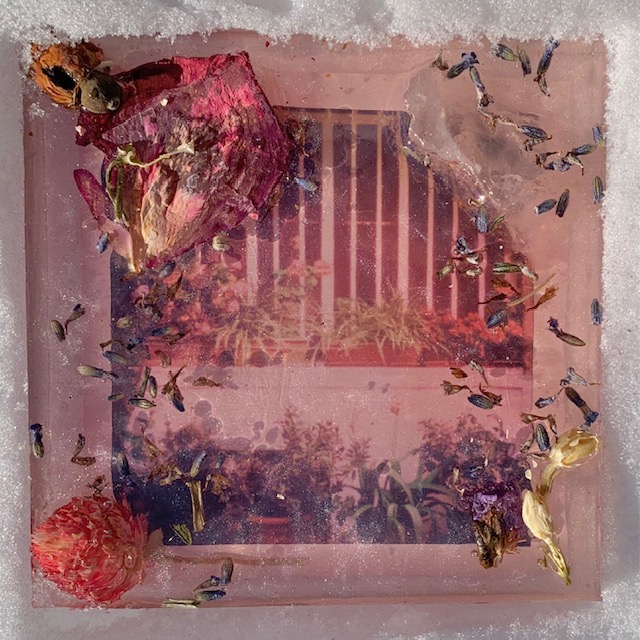
I love how you play around with the process of photography and mixed media. Can you talk a little about your artistic process?
Not being too entirely sure of what I’m doing is a part of the process. I think when I have a concept I don’t think about it in terms of what medium I want to work in. I think about it more in terms of my concept and then medium comes after it for me. I think whatever medium works best for what I’m trying to voice is what I’m going to try to do. Even if I don’t have experience with it I will try to learn it just to be able to get across what I want to communicate.
Who or what are some of your photography inspirations?
My absolute biggest inspiration is Koji Takiguchi. I read his book at Dashwood and went back so many times to look at it before actually buying it. Now it sits at my desk at all times so I can look at it. He is an artist who does a lot of mixed media and experimental photo-based work and is very intimate about his family, loss, and grief. He uses a lot of old family images, flowers, and all different kinds of mediums that he uses in this one book, it’s so inspiring.
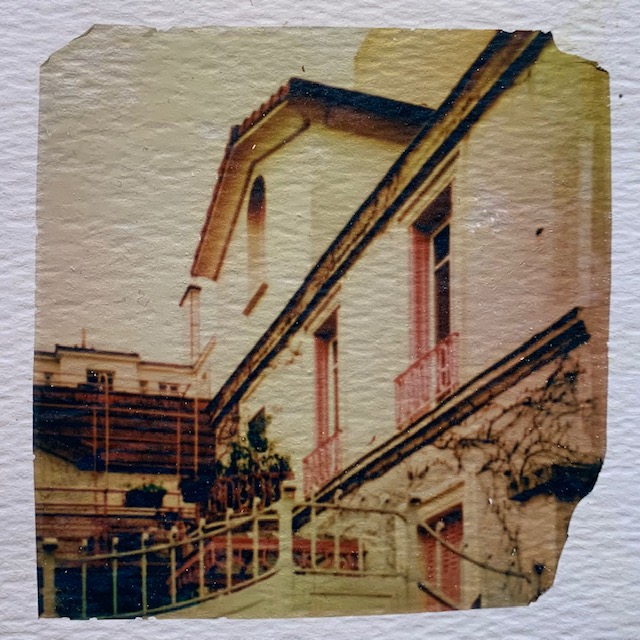
Do you consider yourself more of an artist or a photographer and why?
More of an artist. I feel like a lot of my art is lens-based, and has a lot of strong photography concepts. But, I do consider myself more of an artist because I think it’s more fluid and it allows me to be able to feel less constrained in a sense that when if I consider myself a photographer I focus on photo processes but don’t really come out of that box. Whereas as an artist, I work with several different mediums including photo processes.
Let’s talk gear. What is your go-to camera, your first camera and a camera you would buy if money didn’t matter?
My go-to camera is my Pentax 645. I’ve been shooting with that a lot lately. Either that or just a point-and-shoot because I can get through the motions quicker. The first camera I ever had is my Pentax K1000, it was my Dad’s in college. If money didn’t matter I would get a large format camera for sure.
What does your work mean to you?
I think it changes with the projects. My art means a lot of different things for me I think throughout college I focused a lot on spirituality and a lot of my projects were around that. Which it still does, but in a different way. More recently it relates to family and connections. That being said, I think photography for me means intimacy and intimacy with myself and my emotions and feelings and being more in-tuned with what I’m feeling.
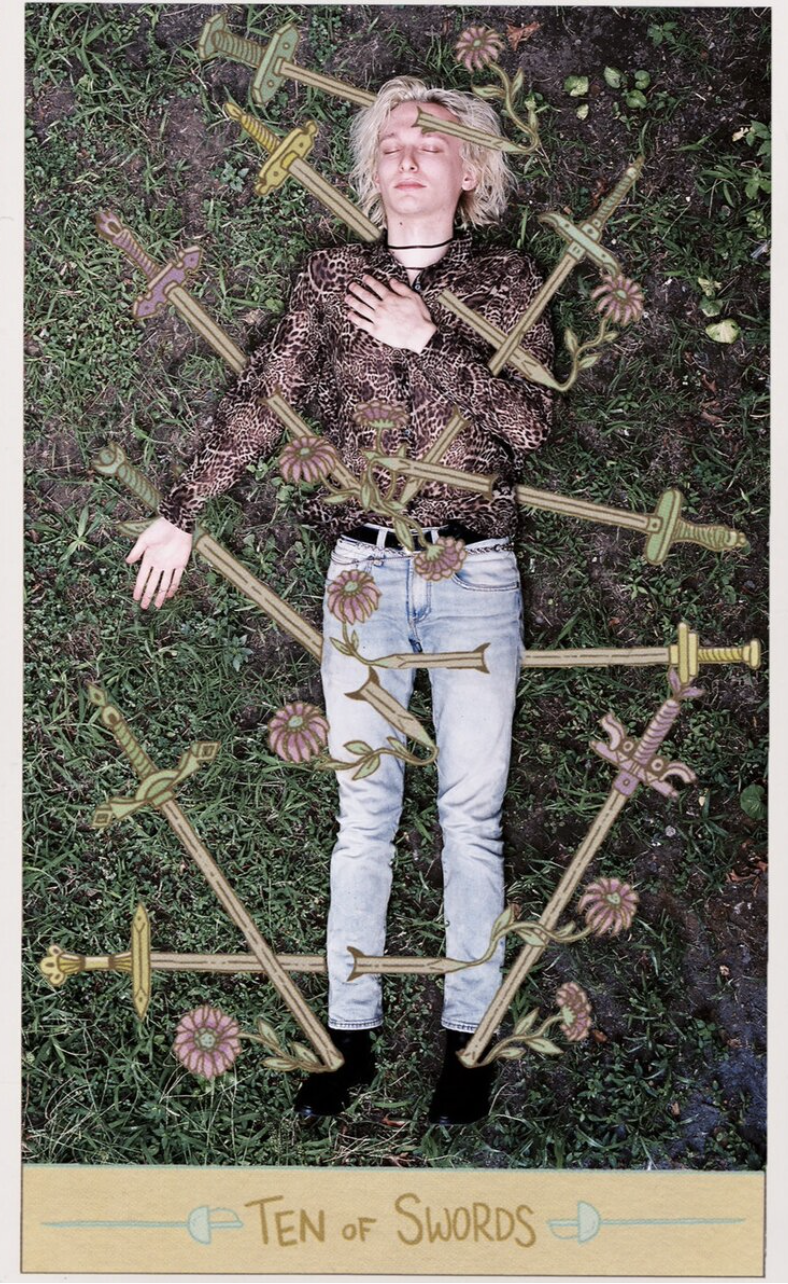
Do you think that vulnerability is the key to being a successful artist?
I think my favorite works are the ones that are most vulnerable. I think that they’re the ones that reach a new level with their work. However, at the same time, I have a lot of respect for work that isn’t as heavily emotional or have those heavier themes. I think it’s just as valid as a form of art making. For me, I am in love with very vulnerable works. The nature of showing work in itself is vulnerable.
Do you have any “hot takes” or strong opinions on photography?
I have too many hot takes, too many strong opinions. I think my hot take for today is that if you want to be an artist, you are an artist. I think that it doesn’t matter what gear you have or what resources you have, you are able to create things, and you are no less than someone with more money or more resources. If you need to work a day job or multiple jobs and make art as a hobby it’s no less than someone doing it for a living. I don’t think that artists should be gatekeeping the community from others who just want that feeling of being expressive.
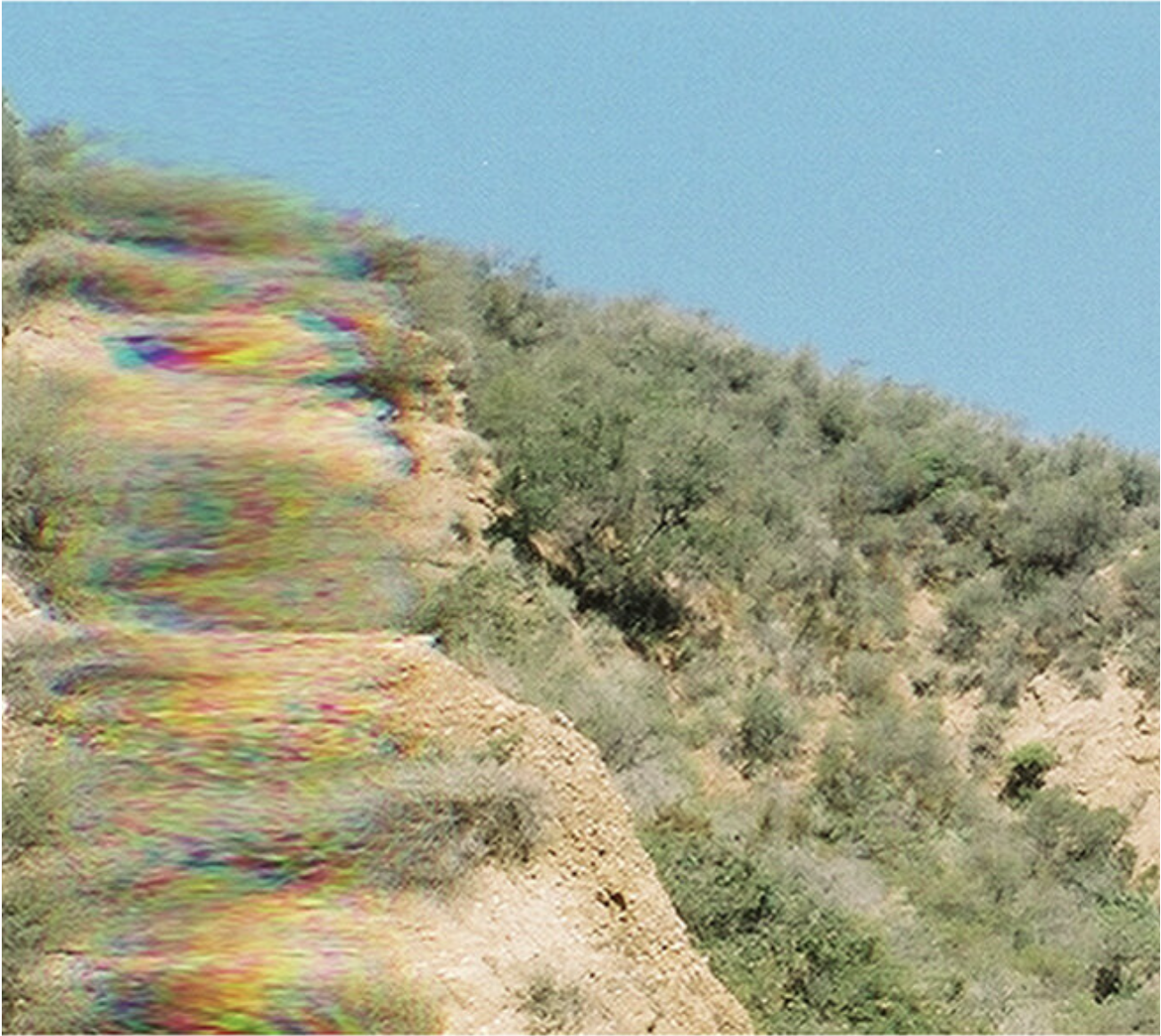
You can follow Tyler Roarty and keep up with their work, on Instagram.
_
Interview by Sarah Knoll
The Alternative is ad-free and 100% supported by our readers. If you’d like to help us produce more content and promote more great new music, please consider donating to our Patreon page, which also allows you to receive sweet perks like free albums and The Alternative merch.

